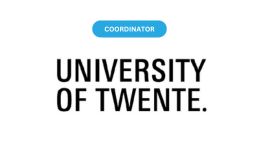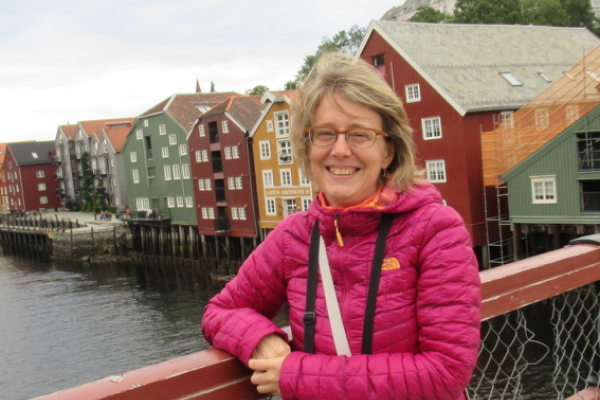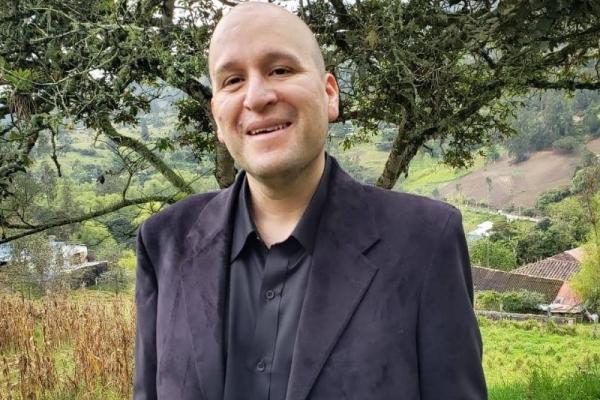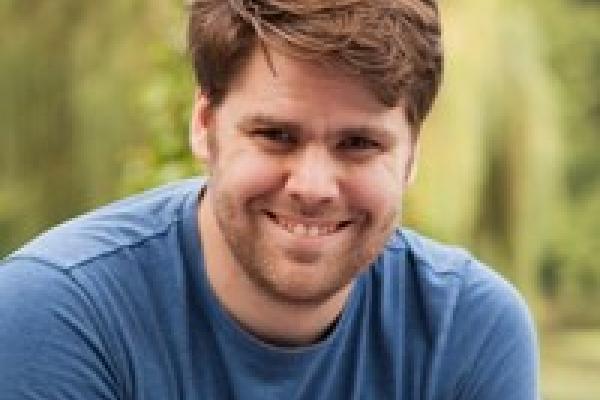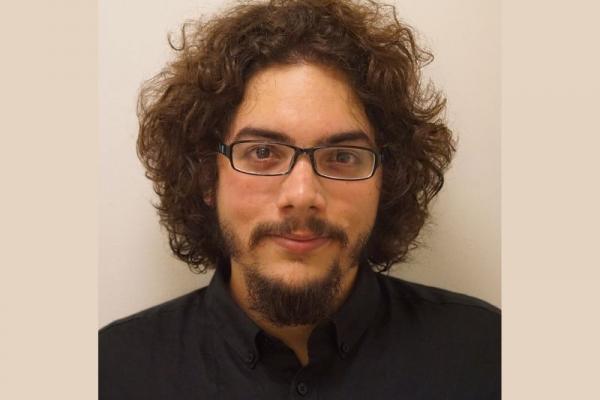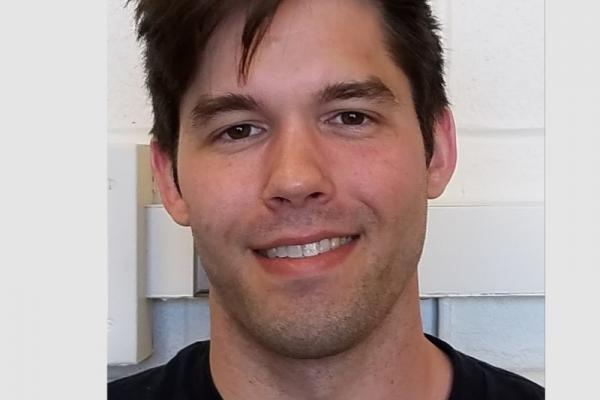Universiteit Twente
The University of Twente (UT) is an entrepreneurial- and research-oriented university and employs about 3,000 scientists and professionals committing their work to research and to the education of about 10,000 students. The UT is organized strategically with a Research Institutes structure and the TREX project will be embedded in the MESA+ Institute for Nanotechnology. The MESA+ mission is to enable high-level research to realize nanotechnology-driven solutions with focus on Key Enabling Technologies like micro- and nano-electronics, advanced materials, and photonics. This multidisciplinary Institute hosts several computational groups, which range from physics and chemistry to mathematics and engineering. The computational researchers within MESA+ unify their rather diverse identities and interests under the common umbrella of the Twente Center for Scientific Computing and the Twente Graduate School of Computational Science.
Role in TREX
The UT (Claudia Filippi) will lead the coordination of the TREX consortium and will be supported in the coordination task by the UT Financial and Legal Departments, as well as the Grant Support Office at the Strategic Business Development unit of the UT. The organization has large experience in participation and coordination of large consortium initiatives, being involved in 220 FP7 and 148 Horizon 2020 projects up to date. Filippi has extensive managerial and training experience, having served in many (inter)national research and training committees (e.g., Board of the Psi-k Network, Spectroscopy and Theory group of the Dutch National Science Foundation).
Relevant infrastructures and facilities
Some of the software developments (WP1-2, WP4) and computations (WP4) will be performed on the UT local cluster of ~300 cores and on the Dutch national SURFsara supercomputer, Cartesius, where the Filippi group typically requires M5-10 hours per year. Cartesius has also a GPU partition, which is needed in the project. The partner stresses that it is relatively straightforward to obtain significant computational time for cutting-edge research at SURFsara.



